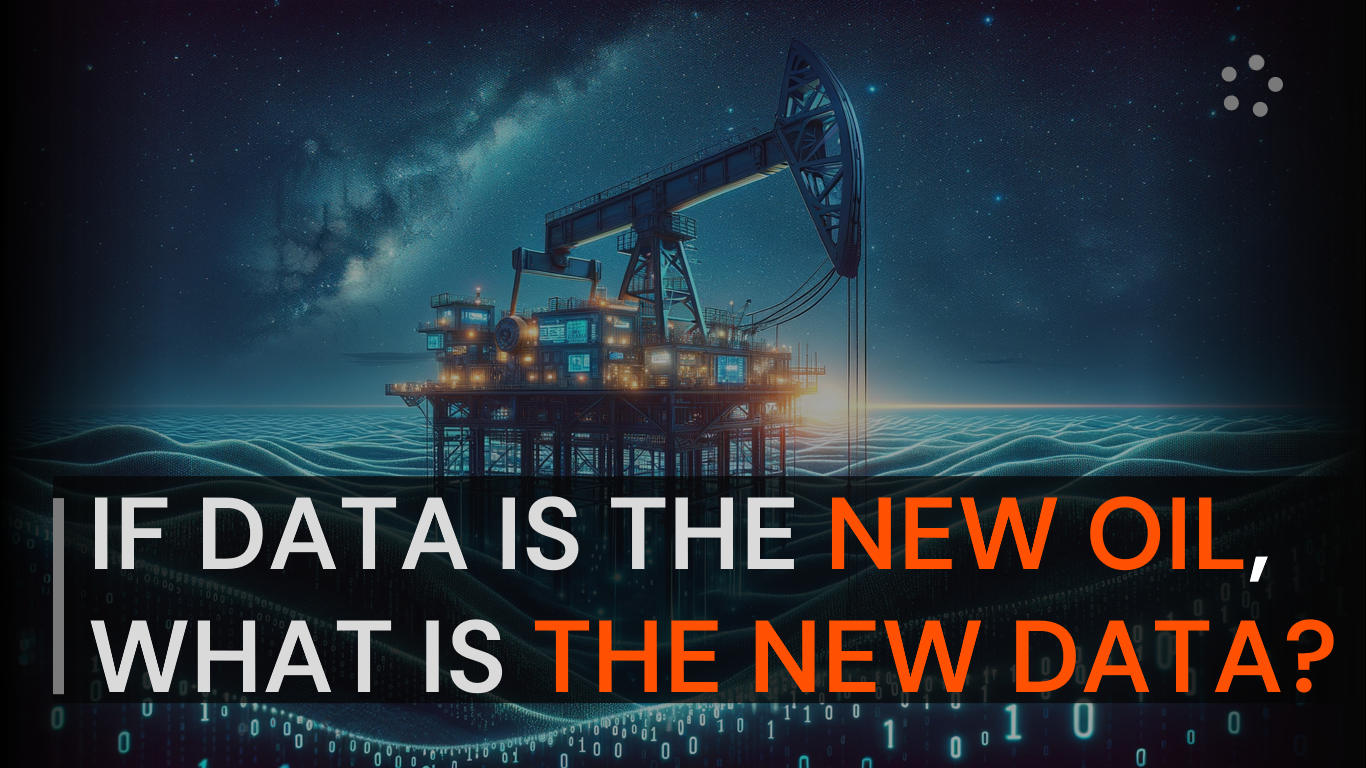
Data is the new Oil of the Digital Economy
Data in the 21st Century is like Oil in the 18th Century: an immensely, untapped valuable asset. Like oil, for those who see Data’s fundamental value and learn to extract and use it there will be huge rewards. We’re in a digital economy where data is more valuable than ever. It’s the key to the smooth functionality of everything from the government to local companies. Without it, progress would halt.
“Data is the new oil. It’s valuable, but if unrefined it cannot really be used. It has to be changed into gas, plastic, chemicals, etc. to create a valuable entity that drives profitable activity; so data must be broken down, analyzed for it to have value.” –Clive Humby, 2006.
The phrase ‘data is the new oil’ was originally coined by Clive Humby, a British mathematician and data science entrepreneur. And then several others repeated the phrase. The phrase became famous and got a lot of attention after it was mentioned by the vice-president of Gartner, Peter Sondergaard- “Information is the oil of the 21st century, and analytics is the combustion engine.” There were times when oil was the world’s most valuable resource. During the 18th century, the oil companies ruled the markets globally. But, with time, the world kept on developing and progressing. By the late 20th century, humans invented artificial intelligence. All these digital developments led to an increase in prominence of data. In the 21st century, data became the most valuable asset, taking the spot of oil. Industry experts started using the term ‘data economy’ to describe the importance and influence of data in today’s society. As oil is important to the industrial economy, data is important to the digital economy. And the expansion of the digital economy has made data the most valuable resource of the century. Using data as the foundation, scientists invented many robotics and machinery. Scientists even developed humanoids. The most famous example of a humanoid is Sophia. Sophia is a realistic humanoid robot. It is capable of displaying human-like expressions and interacting with people. It’s designed for research, education, and entertainment and helps promote public discussion about AI ethics and the future of robotics.
Data has become the most valuable business asset for companies across the globe. Top companies like Apple, Amazon, Facebook, Microsoft and Alphabet (Google’s parent company) are all data-driven. They have made proper use of data and have become leading companies in the international market. The huge amount of data controlled by these mega companies is bigger than most of the companies themselves. Therefore, industry experts put emphasis on how data infrastructure should become a profit center. And lots of companies follow ‘good data beats opinion’ philosophy. People are realizing that having knowledge about profits, losses or total revenue is not enough to make business decisions. We must have real time access to important data of our business. If we have proper data related to customers, we can make proper decisions about expansion of business or introducing any new goods or services. All this shows that the dependency of business on data is increasing day-by-day, making data the most valuable business asset. Jack Welch once said that there are two competitive advantages of the digital economy: the ability to learn more about our customers faster than the competitors and the ability to turn that learning into action faster than the competitor.
If data is the new oil, what is the new data?